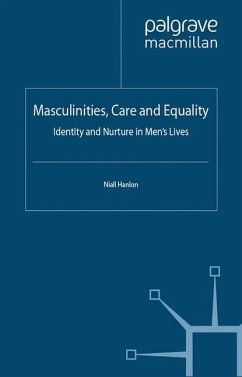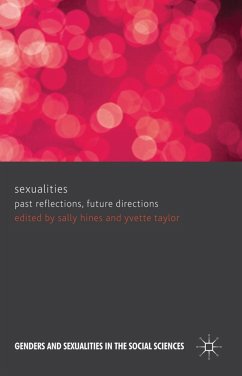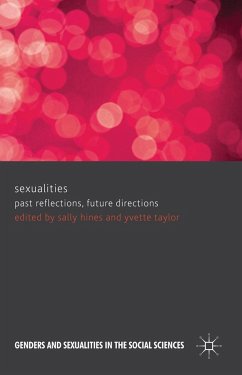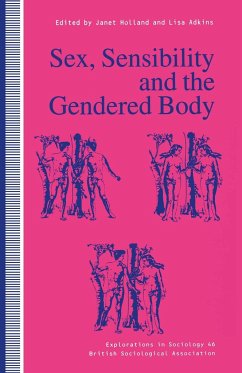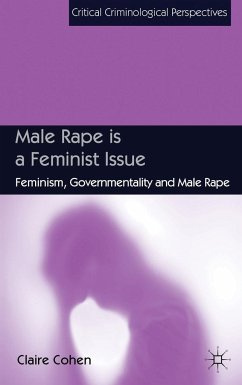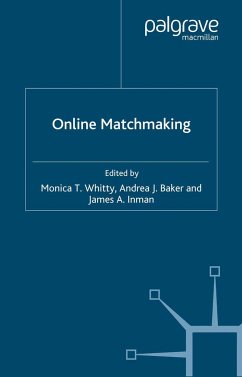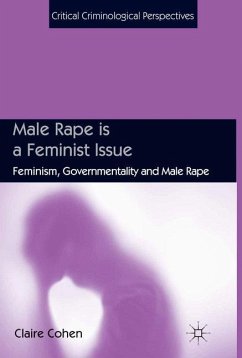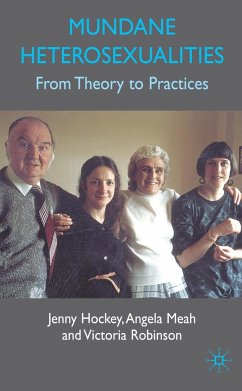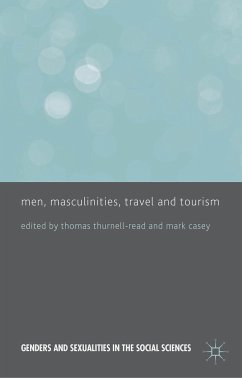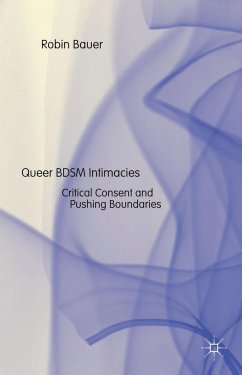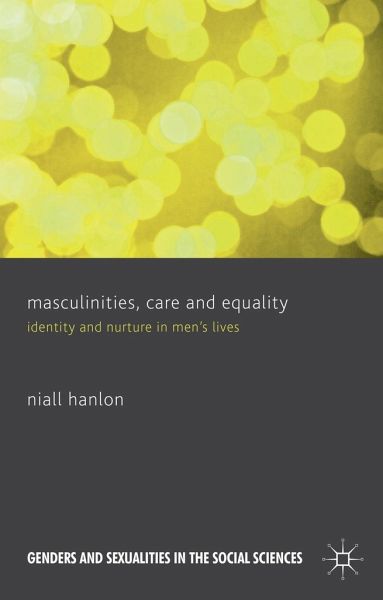
Masculinities, Care and Equality
Identity and Nurture in Men's Lives
Versandkostenfrei!
Versandfertig in 6-10 Tagen
38,99 €
inkl. MwSt.
Weitere Ausgaben:

PAYBACK Punkte
19 °P sammeln!
This book explores men's ambiguous relationship with intimate caring work within a context where carefree and nurturing expectations for men are competing for influence. For men, to be more involved carers clashes with commonly valued expectations of them as men and this book analyses how men confront this contradictory expectation.





